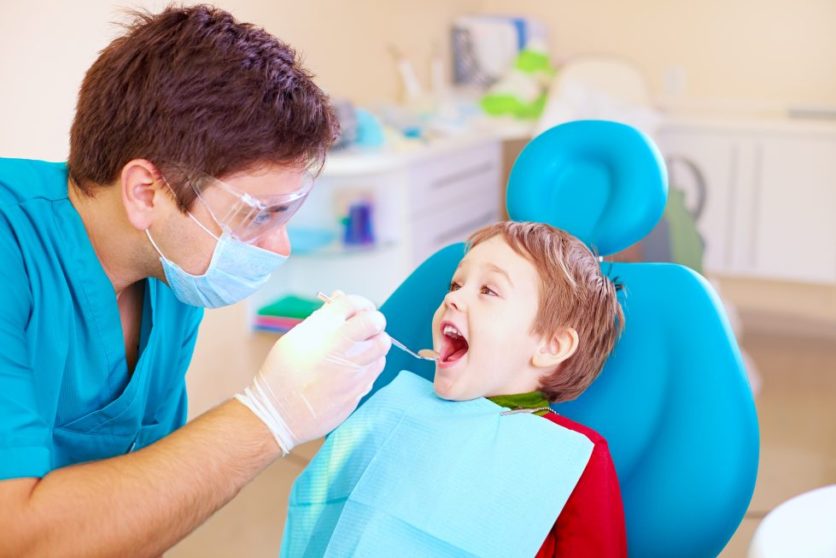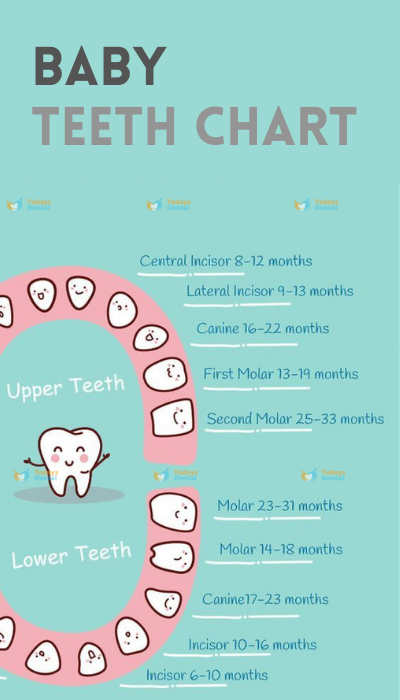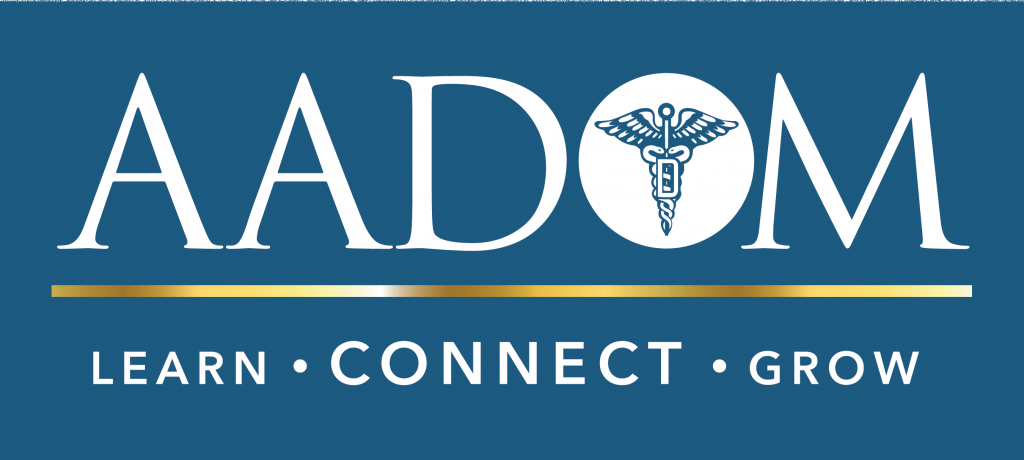
Tips And Tricks To Keep Your Child’s Teeth Healthy
As a parent, you want to provide the best dental care possible for your kids. It’s crucial to start at a young age because what you do now can significantly impact their oral health in the future. By taking proactive and positive steps today, you can promote healthy teeth and gums that will benefit them for a lifetime. There is no better time than now to instill good habits in your children’s daily oral care routine.
The Best Pediatric Dentist For Kids
Children are our most precious resource, and their oral health should be a top priority for every parent. If you’re seeking a skilled dentist dedicated to ensuring the health of your children’s teeth, reach out to Dentist in Bowie. Contact us today to schedule an appointment and give your child the dental care they deserve.
Ready to book your Dental appointment at Dentist in Bowie?
When Is The Best Time To Take Your Kids To The Dentist?

As a caring parent, you are concerned about your child’s health and well-being. Regular dental visits are crucial to ensure you are doing everything you can to protect their oral health. However, not all parents enroll their children at the same time or in the same year. So, when should you bring your children to the dentist?
First Dental Visit and Early Years
The ideal time to take them in is by their first birthday. During this initial visit, the goal is to familiarize children with the dental environment and educate parents on proper dental care for their kids. If your child has transitioned from bottle to cup and does not snack or drink in the middle of the night, you have a one-year pass until they turn two. After that, the standard recommendation of a six-month dental visit applies.
Ages 4 to 6: X-rays and Cavities
Between the ages of 4 and 6, your dentist may take the first set of X-rays to check for cavities between the teeth. This is an important step in monitoring your child’s dental health and addressing any potential issues at an early stage.
Ages 6 to 12: Prevention and Sealants
Prevention is key between the ages of 6 and 12 when baby teeth give way to permanent teeth. During this stage, your child’s dentist may recommend sealants, a plastic resin that bonds to the chewing surfaces of teeth. Typically, molars that are prone to cavities are the primary candidates for this treatment. The resin acts as a barrier, keeping cavity-causing bacteria out of the grooves and valleys of the teeth. By proactively protecting their teeth, you can promote long-term oral health for your child.
5 Unique Dental Care Tips For Kids
- Start using fluoride toothpaste right away.
- Visit the dentist frequently and at an early age.
- Clean your child’s teeth as soon as possible using appropriate tools.
- Teach and maintain proper cleaning techniques on a regular basis.
- Encourage daily flossing. Even for children, it is not an option.
By following these tips and scheduling regular dental visits, you can ensure that you take excellent care of your child’s dental health, setting them up for a lifetime of healthy smiles.
Dentistry for Kids – Child dentistry – Regardless of your individual oral health condition, there is likely one thing your dentist has told you time and time again: how important it is to maintain good oral hygiene habits. These habits, which include:
- brushing your teeth twice a day,
- flossing your teeth once a day,
- Visiting the dentist every six months for examination and cleaning
While good oral hygiene habits are essential at any age, they are especially vital in children. Not only are these habits necessary to protect the health of a child’s primary and adult teeth, keeping them free of dental issues, but establishing good oral hygiene habits early on can help children to maintain them well in the future. This sets the stage for good oral health, and good overall health, long into the future.
The Beginning of Oral Hygiene
Even when children are infants they can benefit from basic oral hygiene habits. For example, infants whose teeth have not yet erupted can benefit from having their gums wiped gently with gauze or a soft wet washcloth. As soon as teeth erupt in the mouth they should be kept clean as much as possible. Infants can have their teeth gently brushed with toothbrushes that are designed specifically for babies. Toddlers can be given age-appropriate toothbrushes and fluoride-free toothpaste to chew on and become familiar with.
By the time a child is one or two years of age they should have their first dental visit. This initial visit may be as simple as becoming familiar with the dental office and meeting the dentist. The dentist will then do a very simple visual examination if the child permits it. Since this visit can very well pave the way to the child’s willingness to participate in future dental visits, the dentist will not force them to participate in an examination or receive services if they are not willing. In some rare cases where the child has severe dental issues that require urgent handling and are voluntarily participating, the dentist will refer a specialist who uses the appropriate sedation tools to help the child have as comfortable an experience as possible
When the child is ready and willing, they will begin to receive regular dental examinations and cleanings. This will help set them on the firm path to good oral health. Parents are strongly encouraged to be deeply involved in their child’s oral hygiene habits and regimen until they are in their teens and have proven that they have well-established oral hygiene habits. Your dentist will give you tips on just how to brush and floss your child’s teeth properly, as well as what to watch out for and avoid. Of course, if your child has any specific situations that need special care, your dentist will go over this with you.
Dentist’s Advice on Eating Habits-
Your dentist will also advise you on how your child’s eating habits can affect their oral health. Also what you need to do to help protect the health of their teeth and gums. For example, children should generally avoid foods that are rich in sugar or starch. They should also not be permitted to fall asleep while nursing or drinking a bottle of juice or milk, as they tend to hold a small amount of liquid in their mouth and this can eat away the protective tooth enamel.
Understanding the Importance of Primary Teeth
In many cases, parents put less attention on caring for their child’s primary teeth than they should. They may figure it’s not important since they will get replaced by permanent adult teeth at some point. However, a child’s primary teeth are an important part of their oral development. Their health also helps to better ensure the health of the child’s permanent teeth. Furthermore, some of the issues that can affect the health of primary teeth can also affect general oral health. This means they may not simply “go away” when the child’s primary teeth fall out.
Taking good care of a child’s primary teeth sets the stage for good oral health long into the future, and better ensures that future dental care will be preventive rather than restorative in nature. For more information about dentistry for kids , Contact your Dentist in Bowie.






